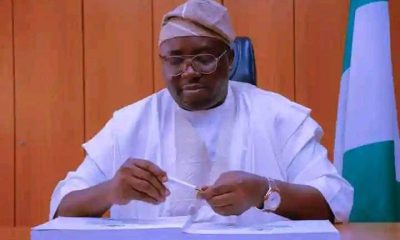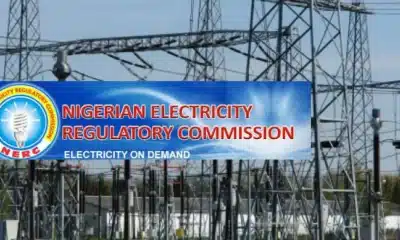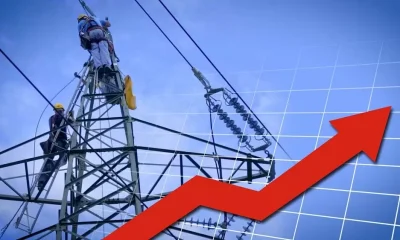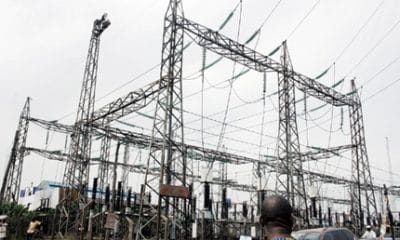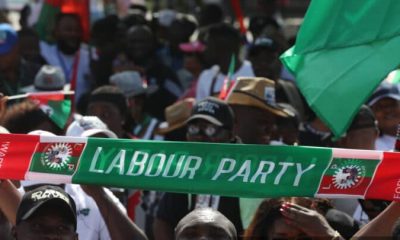Business
Nigerians To Pay More For Electricity Starting From July
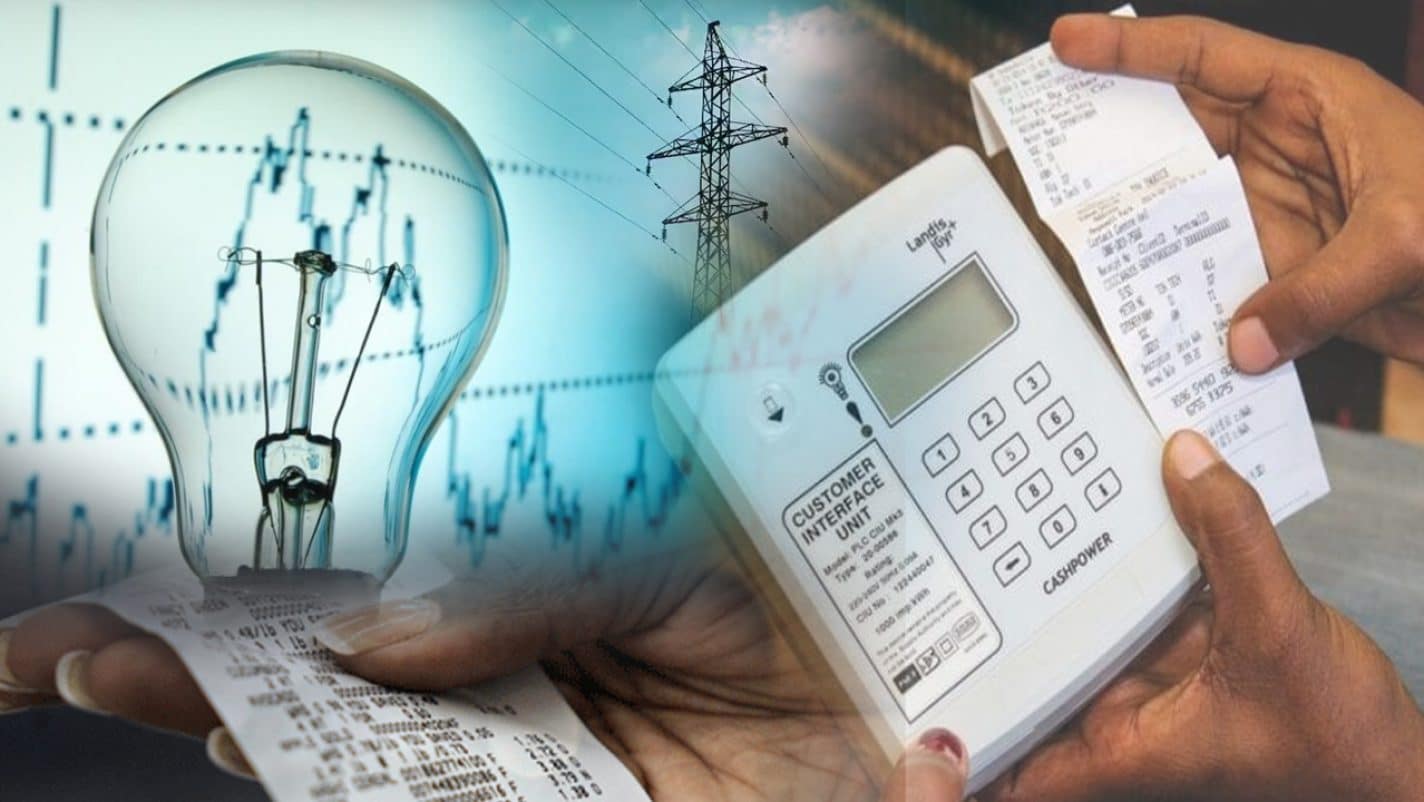
Indications are that Nigerians may pay 40 % more for electricity tariffs by the start of July 2023.
Naija News reported that this development is coming about two weeks after President Bola Tinubu declared the end of the fuel subsidy regime during his inauguration.
This platform understands that the increase would eventually lead to the end of all forms of energy subsidy in the country.
According to The Guardian, with a monthly subsidy of about N50 billion still in the electricity sector owing to revenue shortfall, the tariff hike due from July 1, may be another acid test for the President Bola Ahmed Tinubu administration’s market reform.
The administration has already removed subsidies on Premium Motor Spirit (PMS) and floated the naira, decisions that have complicated the price-setting of the Nigerian Electricity Regulatory Commission (NERC) 2022 Multi-Year Tariff Order (MYTO).
Although the power sector players have been unable to meet the threshold of supplying at least 5,000 megawatts a year after signing contracts with NERC, NERC’s current Service Based Tariff (SBT) was benchmarked on an exchange rate of N441/$ and inflation of 16.97%.
While NERC’s projected tariff for July 2023 was expected to remove subsidy and increase the previously frozen tariff band D and E, increasing the bands from N54.59/kilowatt to N62.16 for band D and N48.37/kilowatt to N61.16 on average with an average increase across the bands moving to N67/kilowatt, the prevailing floating of the naira and spike in inflation is projected to move the new average tariff to about N88/kilowatt for the sector to recover the cost.
However, a source from Ikeja Distribution told our reporter that there has not been an increase and that if there were any everybody would know about it.
Meanwhile, reacting to the development, told Executive Director at PowerUp Initiatives For Electricity Rights (PowerUp Nigeria) Adetayo Adegbemle said while increasing tariff appears normal due to the prevailing situation, there is a need to review the whole process and encourage basing the electricity tariff against the naira going forward.
“We have seen changes in the review yardstick before, and this could be an opportunity to review our tariff process,” he stated.
Also reacting Former President of the Chartered Institute of Bankers of Nigeria (CIBN) and professor of Economics at Babcock University, Segun Ajibola, said there is still a disconnect between the cost of electricity and the value exchange.
He said “Nigerians are still struggling to keep pace with the cost of energy for business and household use. If the electricity tariff goes up as envisaged, the question remains if there will be value for the quantum of electricity so paid for.
“The truth remains that if electricity supply is constant, of the right quantity and quality, the envisaged upward review in the tariff will be gladly absorbed by the populace.”

